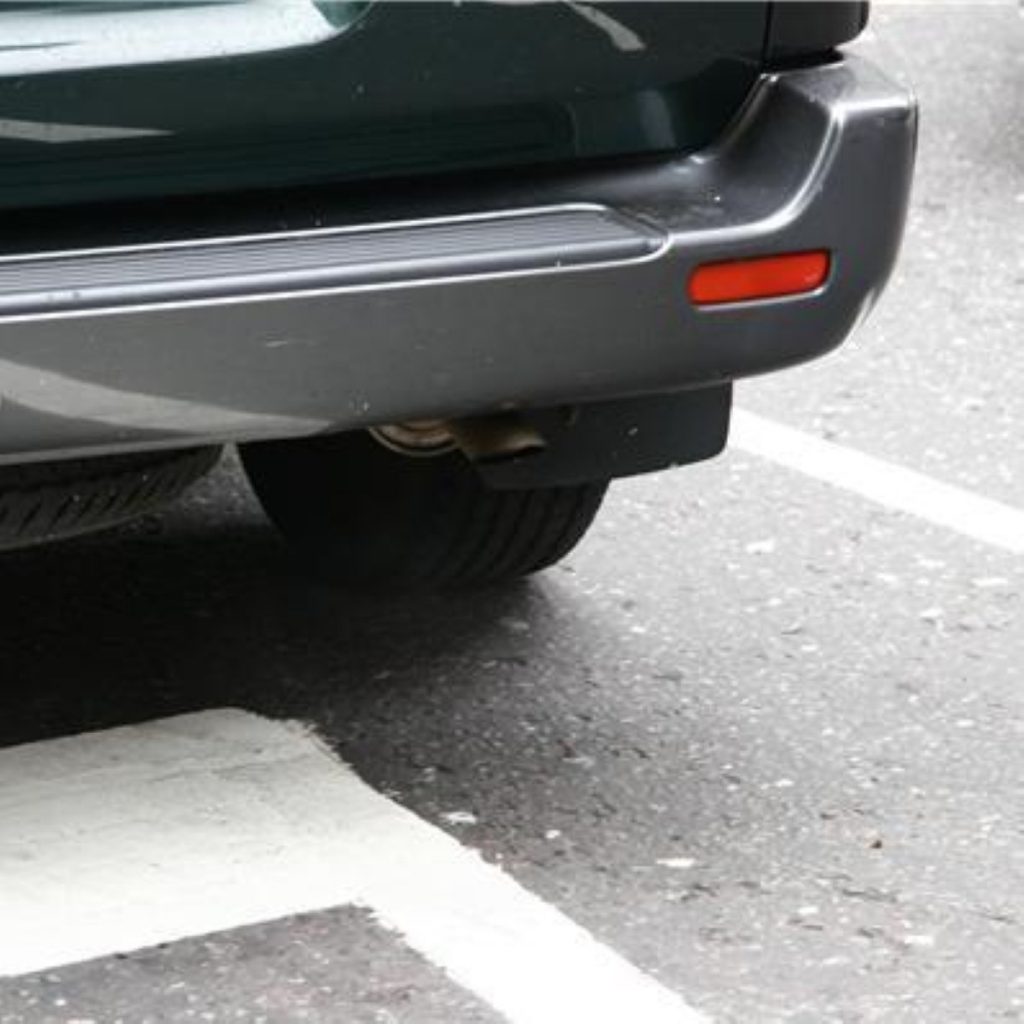Scottish hospitals end car park charging
By Alex Stevenson
Fourteen hospitals across Scotland have ceased charging for car park use following a groundbreaking move by the Scottish government.
The move was announced in September to come into effect on December 31st as the Scottish National party (SNP) added pressure on the Westminster government to follow suit.
Scottish health secretary Nicola Sturgeon said the decision was motivated by a commitment to maintaining the NHS’ founding principle of providing free-at-the-point-of-delivery healthcare.


“It’s simply not fair to expect patients or visitors to have to pay when they come to hospital, when they may be suffering personal anxiety, stress or grief,” she said.
“Put bluntly, a car parking charge is often the last thing people need.”
Although 14 hospitals will no longer charge for the use of their car parks three PFI hospitals will continue to do so.
Despite this the British Medical Association (BMA) Scotland has backed the move as a shift away from car park charges being an “indirect tax on healthcare”.
Its Scottish consultants committee chairman Dr Charles Saunders said it was pleased the Scottish government had recognised the “financial burden” they imposed.
But the Department of Health remains opposed to abandoning the revenue it receives from car parking.
A spokesperson said: “We do not think it a sensible use of limited resources to subsidise car parking at hospitals for everyone. Our priority is the safety and speed of healthcare – one of the reasons that in England waiting times are shorter.
“In England, hospital car parking charges are decided locally by individual trusts to cover the cost of running and maintaining a car park.
“All trusts should have exemption and concessionary schemes in place to ensure that patients and carers who visit hospital regularly are not disadvantaged. They should also have sustainable public transport plans in place for staff and visitors.”












